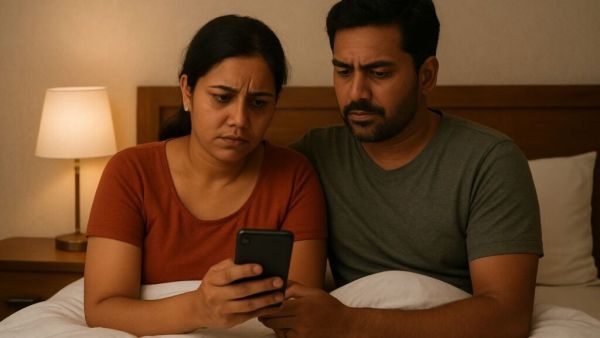
Today we are living in a world where mobile has become a part of our life. The morning starts with notifications and the night ends with scrolling. But do you know that this small screen affects our relationships, sleep, hormones and even infertility and sexual desire But is it having a silent impact?
Doctors say that digital lifestyle is changing our sexual and reproductive health in such a way that we understand the signs very late. Let us know how this habit is affecting our sexual life.
Many young couples today are feeling that fatigue has taken the place of intimacy. Office meetings, late night work and being constantly active on mobile do not allow the body to take rest. The result is that the mind works more and the body becomes tired. Watching too much screen at night reduces melatonin. This is the hormone that gives us the signal for sleep and relaxation. When this gets disturbed, the sleep rhythm is disrupted and sexual desire is also affected.
The increasing digital intimacy gap due to screens is also a new problem. Despite being close to each other, couples remain lost in separate phones for hours. The question is, why are we giving the time to screens that should be spent on strengthening relationships?
Constant stress puts the body in survival mode. In such a situation, cortisol and adrenaline increase. These are the same hormones that affect reproductive hormones like testosterone, estrogen and progesterone. According to doctors, increasing stress is to these problems:
Often people ignore these signs because stress is not visible. But are we listening to these little signals sent by our body?
Experts say that small and regular habits can make a big difference.
Ultimately the question is, is our health really as important as the time we spend on screens? Because the truth is that our life, our body and our relationships are more precious than any mobile screen.